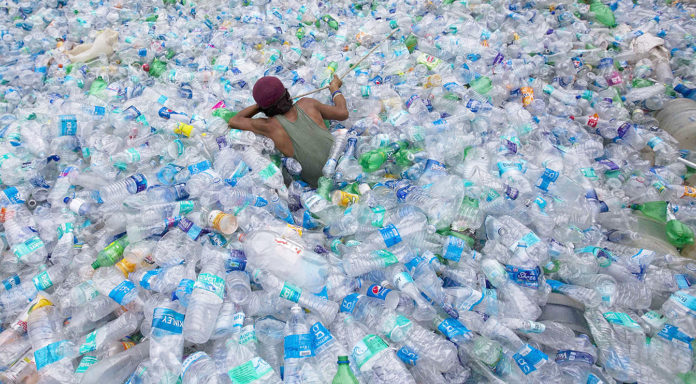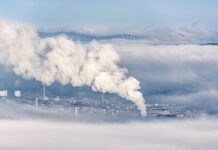
This is Scott Amyx with today’s Climate Change Flash Briefing.
For over a quarter of a century, China has been processing the world’s plastic waste. 106 million metric tons or about 45 percent of the world’s plastic have been sent to China since 1992. But in 2017, due to rising concerns about air and water pollution to the environment and its people, China has officially banned all imports of plastic waste.
So how is the world managing the situation? According to a Greenpeace study, plastic waste from the U.S. dropped by one third in the first half of 2018 and that other markets have been found in southeast Asia. Exports to Thailand increased by nearly 2,000 percent, Malaysia by 273 percent and Vietnam by 46 percent. This has resulted in a backlash from local residents. A plastic processing facility in Malaysia was forced to shut down due to locals complaining about pollution from processing plastic waste. The 280,000 metric tons not exported and unaccounted for are likely being burned or sent to landfill according to the authors.
By 2030, an estimated 111 million metric tons of plastic waste will be displaced because of China’s ban. Many countries lack the infrastructure to properly manage the plastic waste according to a study published in Scientific Advances. For developed nations, it’s often more economical to export plastic waste to other countries rather than recycling them domestically. The U.S., Japan, Germany and Hong Kong are the top exporters of plastic waste.
According to some environmentalists, these reports underscores that recycling doesn’t work. We want to believe that recycling is environmentally-friendly and that we’re making a difference yet after our recyclables are picked up, most of it ends up in landfills or incinerators adding to our climate change problem.
Stay tuned next time to find out what is the cleanest form of sustainable, clean energy.

















